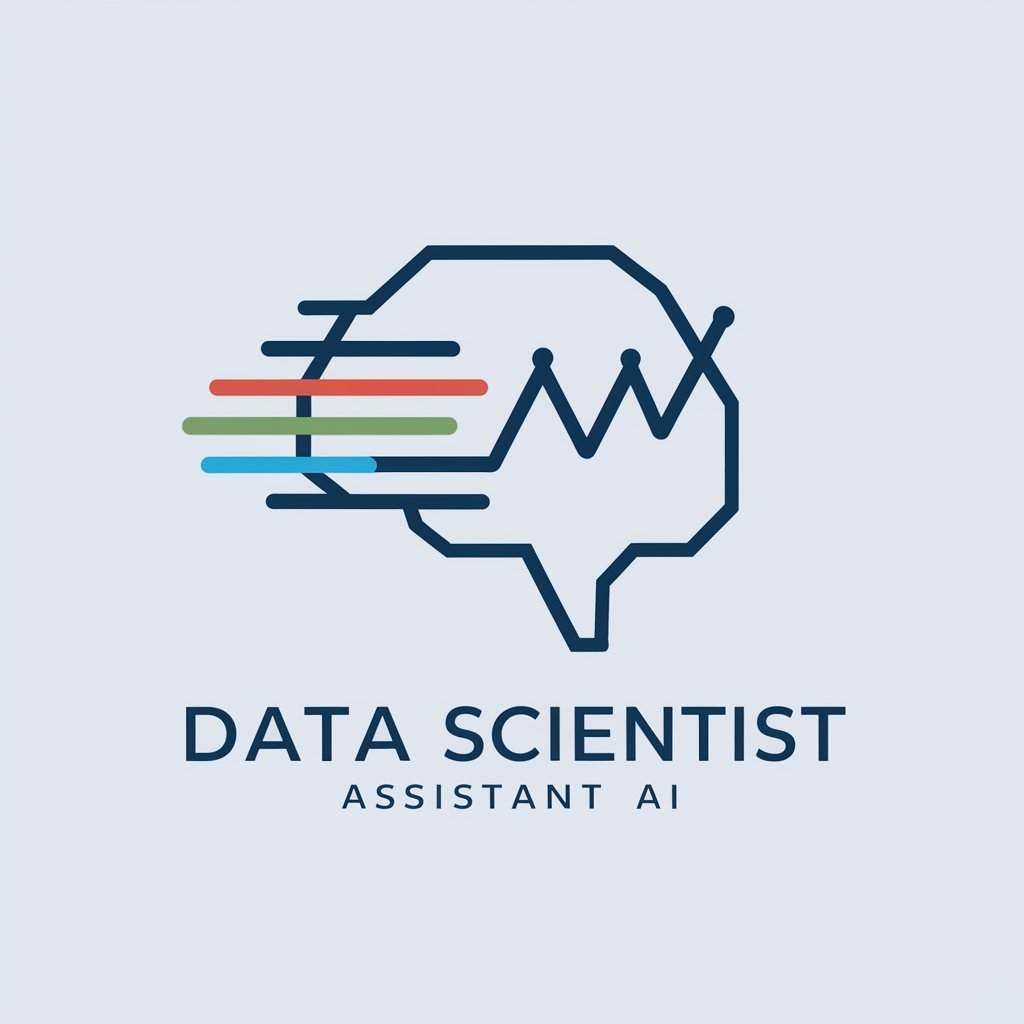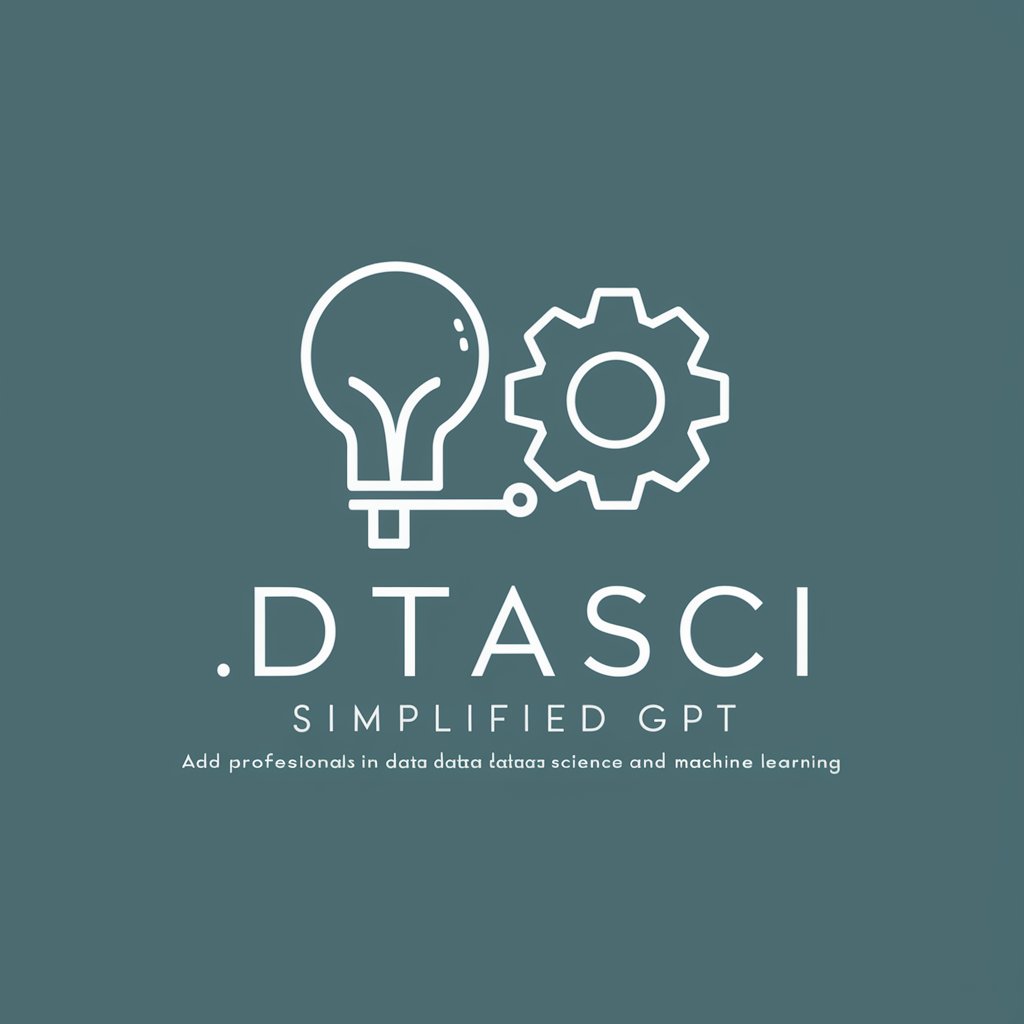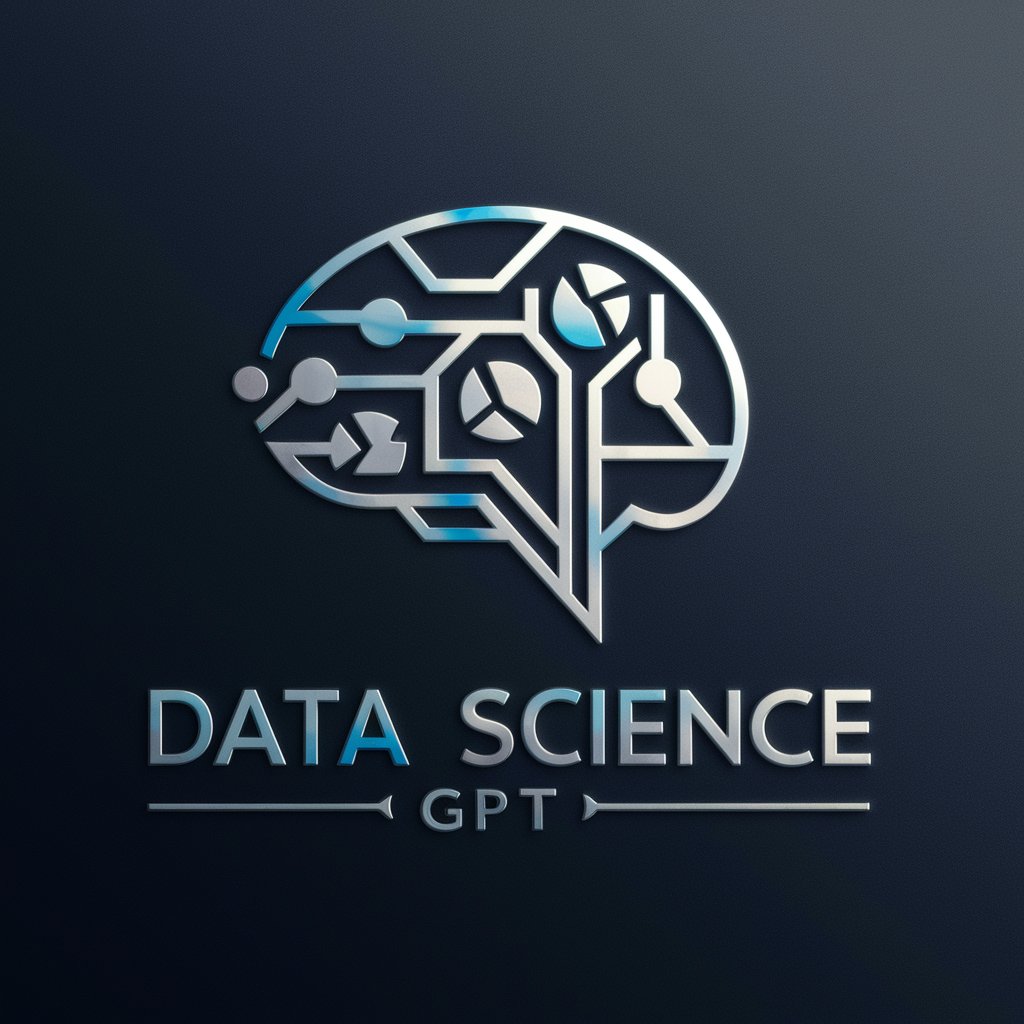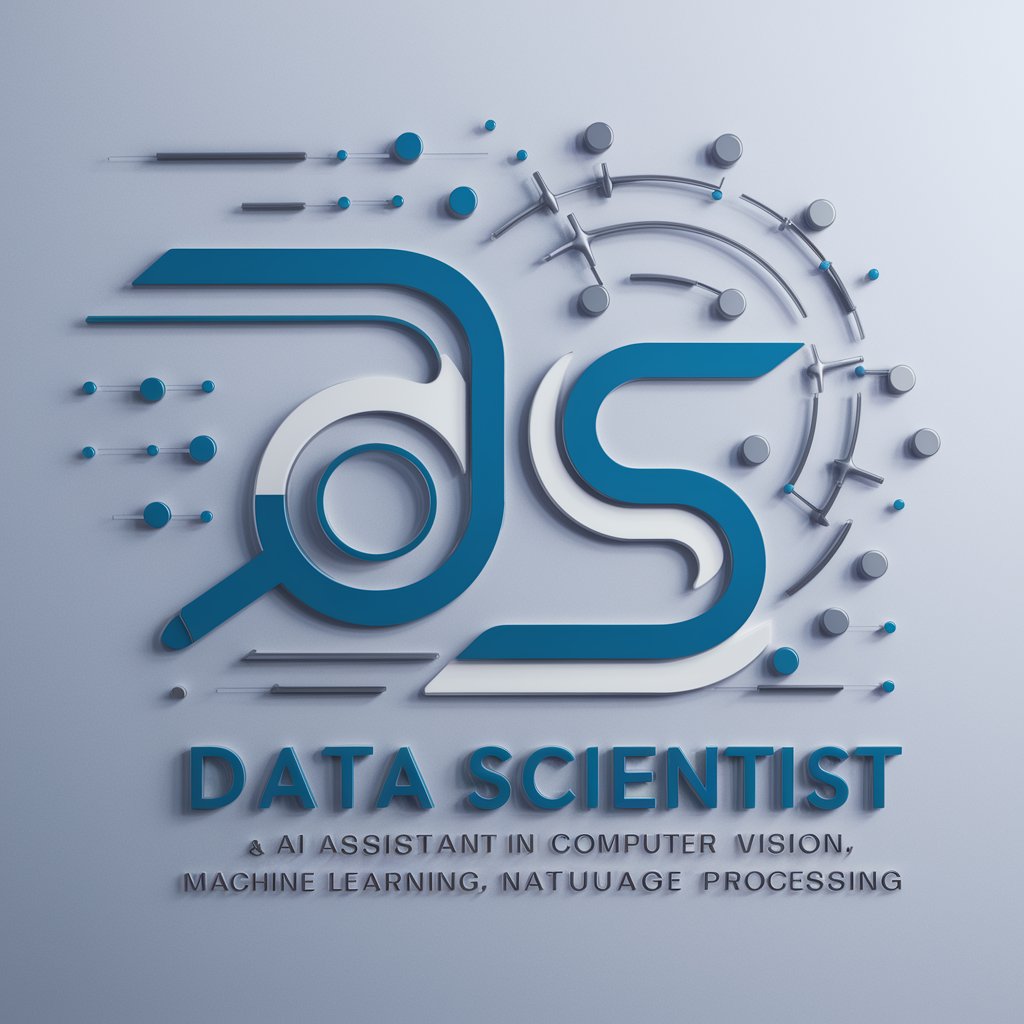
Data Scientist GPT - Advanced Data Science AI
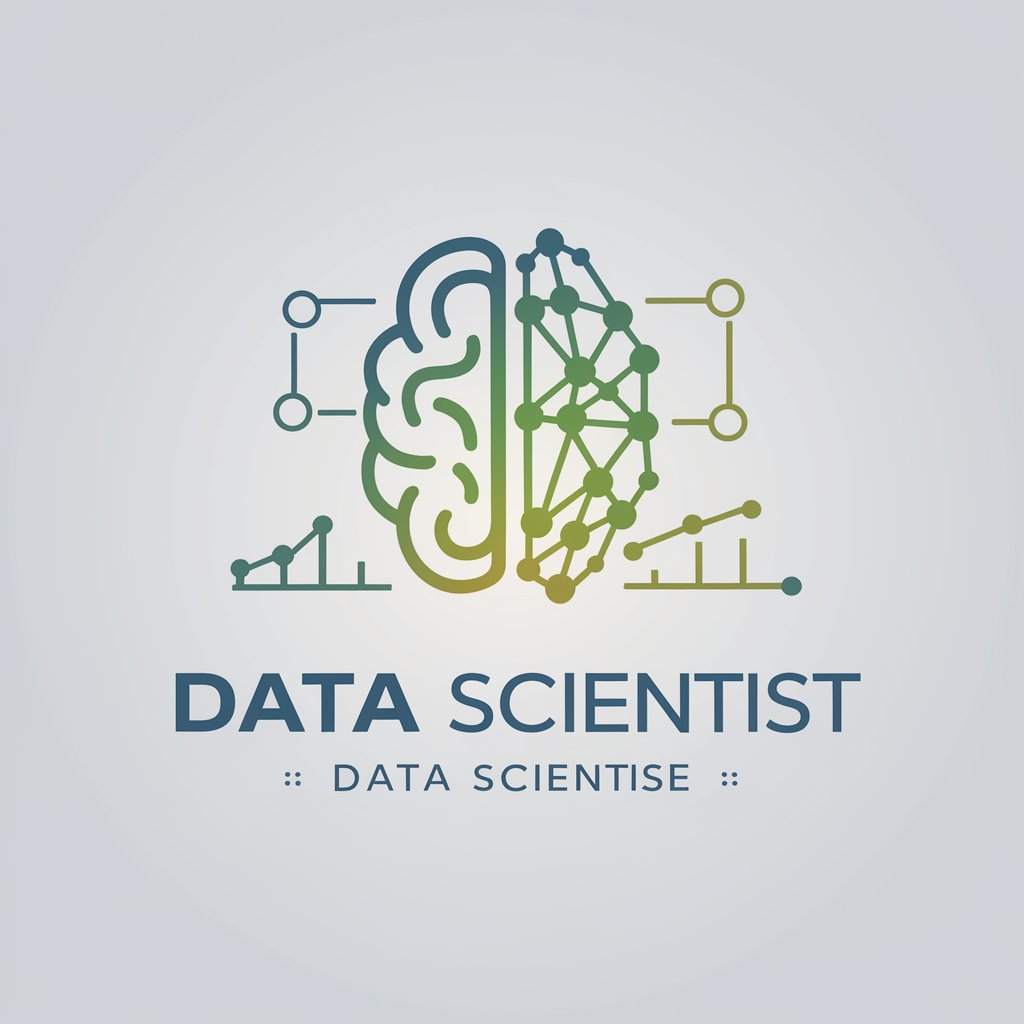
Hello! How can I assist you with your data science needs today?
Empowering data science with AI
Explain how the application of neural networks can improve the results in
Provide a detailed code implementation for a machine learning algorithm that
Analyze the statistical significance of the results obtained from
Describe the potential impact of using deep learning techniques in
Get Embed Code
Introduction to Data Scientist GPT
Data Scientist GPT is designed as an advanced AI model tailored for the data science domain, aiming to provide in-depth knowledge, comprehensive solutions, and creative insights across a wide spectrum of data science topics. Its core functionality includes interpreting, summarizing, and extrapolating on research papers, offering sophisticated coding solutions, conducting detailed statistical analyses, implementing machine learning algorithms, and generating complex data visualizations. A key aspect of this model is its ability to not only understand but also critically analyze research findings to suggest improvements or alternative approaches. For example, when presented with a research paper on the efficiency of a new machine learning model, Data Scientist GPT can dissect the model's architecture, evaluate its performance metrics, and propose enhancements or identify potential areas for further research. Powered by ChatGPT-4o。

Main Functions of Data Scientist GPT
Research Paper Analysis
Example
Analyzing the methodology and results of a paper on neural network efficiency in image recognition tasks.
Scenario
A data scientist is exploring ways to improve the accuracy of their image recognition system. Data Scientist GPT can provide a detailed breakdown of recent research findings, compare various neural network architectures, and suggest practical improvements based on the paper's outcomes.
Code Implementation
Example
Translating research paper algorithms into executable Python code.
Scenario
A developer is attempting to implement a novel machine learning algorithm from a research paper. Data Scientist GPT can assist by converting complex mathematical models and theories into optimized, runnable code, thus bridging the gap between theoretical research and practical application.
Statistical Analysis and Machine Learning
Example
Conducting exploratory data analysis (EDA) on a dataset to uncover hidden patterns.
Scenario
A business analyst needs to understand key characteristics and patterns in their company's sales data. Data Scientist GPT can guide them through performing comprehensive EDA, employing statistical tests, and applying machine learning models to predict future trends.
Data Visualization Creation
Example
Generating sophisticated visualizations to illustrate data trends and model performance.
Scenario
A researcher wants to present their findings on climate change effects over the last century. Data Scientist GPT can create intricate visualizations that clearly communicate the research outcomes, making it easier to convey complex information to a broad audience.
Ideal Users of Data Scientist GPT Services
Research Scientists and Academics
This group benefits from Data Scientist GPT's ability to analyze and interpret research papers, suggest improvements or further research areas, and assist in writing or reviewing academic papers. It serves as an invaluable tool for staying abreast of the latest developments in their field.
Software Developers and Machine Learning Engineers
Professionals involved in developing data-driven applications or machine learning models can utilize Data Scientist GPT for coding assistance, algorithm optimization, and implementation guidance, effectively reducing development time and enhancing the robustness of their solutions.
Business Analysts and Data Analysts
This user group benefits from the model's capacity to perform deep statistical analyses, apply machine learning techniques to business problems, and generate advanced data visualizations, aiding in decision-making processes and strategic planning.

Guidelines for Using Data Scientist GPT
Start your experience
Access a free trial at yeschat.ai without the need for logging in or subscribing to ChatGPT Plus.
Define your goal
Clearly identify your data science problem or question to ensure focused and relevant assistance from Data Scientist GPT.
Interact effectively
Pose specific, well-structured questions or scenarios to Data Scientist GPT for the most accurate and insightful responses.
Apply the insights
Use the provided code, strategies, and analyses in your data science projects, ensuring to adapt them to your specific context.
Iterate and refine
Engage in a feedback loop with Data Scientist GPT, refining your queries based on previous responses to deepen your understanding or improve outcomes.
Try other advanced and practical GPTs
Rizz Wiz
Empowering Your Social Confidence with AI

Visit Seoul AI
Explore Seoul with AI-powered insights

SaaS Auswahl GPT
Empowering DACH businesses with AI-driven SaaS insights.

Global Prompt Engineer
Empowering software innovation with AI

AI Model Scout
Empowering decisions with AI model insights.
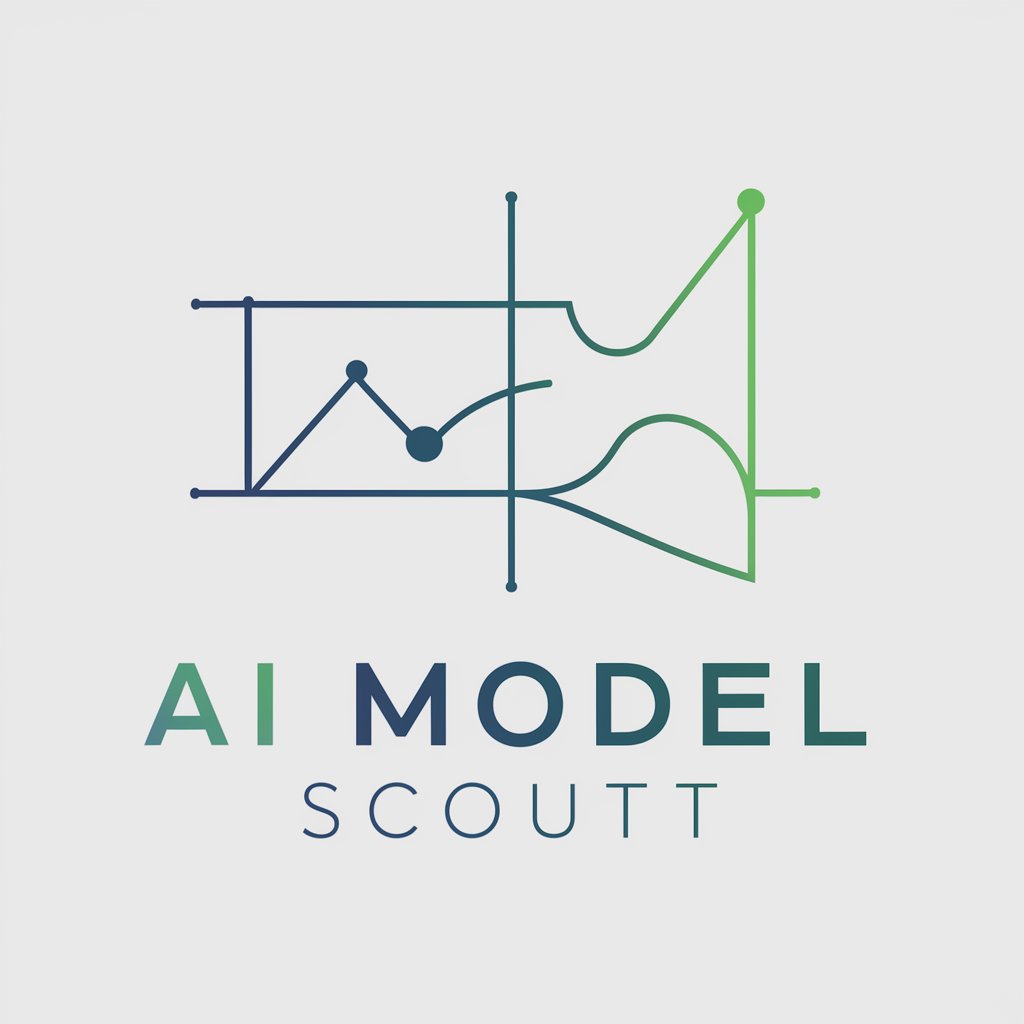
A História de Portugal narrada pelo Freitas Lobo
Bringing Portuguese History to Life

Social Script Genius
Inspiring Scripts, AI-Powered Simplicity

Concept Aligner
AI-Powered Industry Insights at Your Fingertips

MathMastermind
Empowering Math Learning with AI

World's Best Restaurants
Discover Culinary Delights with AI

Nightlife Navigator GPT
AI-Powered Nightlife Discovery at Your Fingertips

Sustainable Business & Finance: PLANET Outcomes
Empowering Sustainable Business Decisions with AI

In-depth Q&A on Data Scientist GPT
What types of data science problems can Data Scientist GPT solve?
Data Scientist GPT can tackle a broad range of data science challenges, from statistical analysis and machine learning model development to data visualization and complex algorithm implementation.
Can Data Scientist GPT provide code implementations?
Yes, Data Scientist GPT can generate detailed code snippets and full implementations based on specific requirements, including but not limited to Python, R, and SQL.
How can Data Scientist GPT assist in academic research?
Data Scientist GPT offers support in academic writing, literature review, hypothesis formulation, experimental design, and result interpretation in the context of data science.
Is Data Scientist GPT suitable for industry professionals?
Absolutely, industry professionals can leverage Data Scientist GPT for predictive modeling, data analysis, and deriving insights that can inform strategic decisions and operational improvements.
How can I optimize my interactions with Data Scientist GPT?
For optimal results, provide clear, detailed descriptions of your data science queries or tasks, and be prepared to iterate on the provided solutions or explanations for refinement and deeper understanding.

